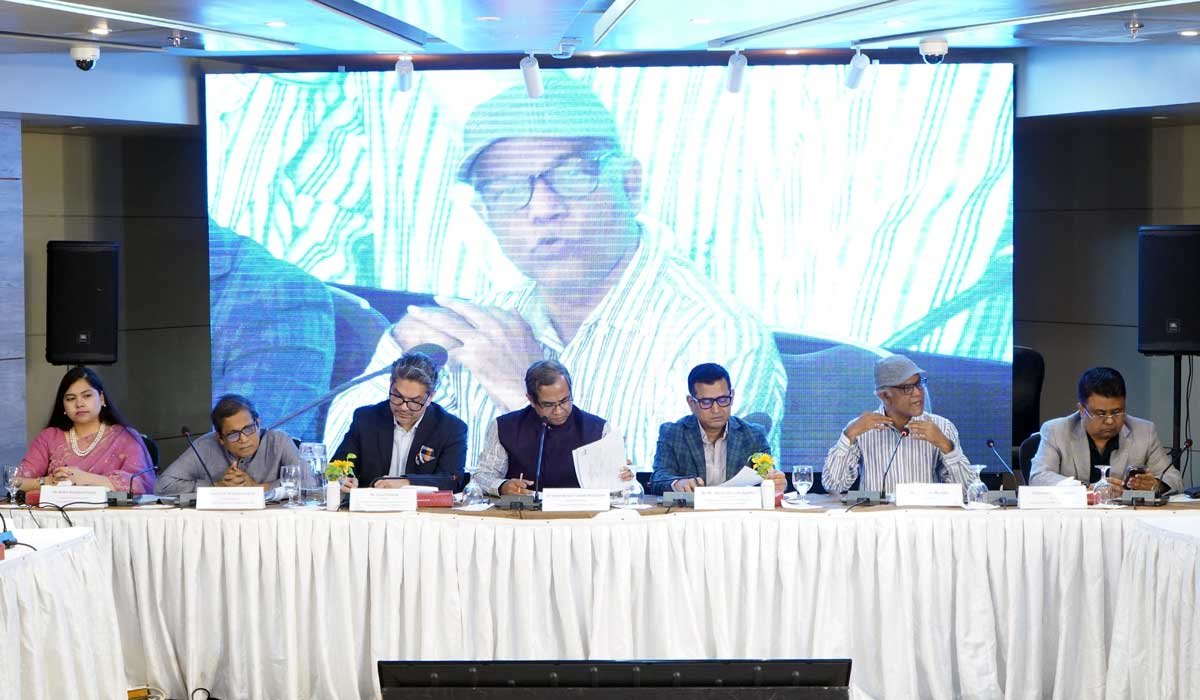
The interim government seems to be off- track from it’s political commitment of meeting the 3 Zero Target, in the national budget for FY2026- stressed the Centre for Policy Dialogue (CPD) during a dialogue held in Dhaka.
According to CPD’s analysis, the Bangladesh Power Development Board (BPDB) remains in persistent loss, requiring a BDT 37,000 crore subsidy in FY2025–26—41 per cent of the national subsidy allocation. Meanwhile, the Bangladesh Petroleum Corporation (BPC), despite posting a BDT 2,050 crore profit in FY2024–25, is forecasted to see profits shrink to BDT 615 crore. LNG import subsidies have also increased to BDT 9,000 crore from BDT 6,000 crore in the previous year.
The above-mentioned observations emerged at the dialogue titled ‘Power and Energy Sector in the National Budget for FY2025–26: Reflections on the Priorities for Energy Transition’ organised by CPD on Thursday, 26 June 2024. Dr Khondaker Golam Moazzem, Research Director, CPD, moderated the session, and Ms Helen Mashiyat Preoty, Senior Research Associate, CPD, delivered the keynote presentation.
The presentation highlighted that although the MoPEMR received a substantial allocation of BDT 22,520 crore in FY2025–26, this marks a 0.8 per cent decrease from the previous year and constitutes just 2.9 per cent of the total budget—down from 3.1 per cent in FY2024–25. Notably, development budget allocations have declined while operating expenses have surged.
CPD observed alarming trends in generation and distribution. No new fossil fuel-based generation projects were initiated, yet capacity continues to rise despite shortages in actual electricity supply. The renewable energy front also showed stagnation—37 Letters of Intent (LoIs) for solar power plants were cancelled, and only 3 public renewable energy projects with a combined capacity of 108 MW remain in the pipeline.
The keynote underscored that delays in revising key policy documents—such as the Integrated Energy and Power Master Plan (IEPMP), the Perspective Plan, and the Mujib Climate Prosperity Plan (MCPP)—have contributed to a growing mismatch between political ambitions and fiscal actions. The shift toward clean energy remains sluggish despite the government’s ‘Three Zeros’ vision—zero poverty, zero emissions, and zero unemployment—which now risks becoming “2.5 Zeros.”
Professor Dr M Shamsul Alam, Energy Advisor, Consumers Association of Bangladesh (CAB), criticised the rising fuel prices despite promises of subsidies. He pointed out that while the government claimed to be improving energy security, the situation remained unchanged.
He highlighted that Bangladesh was becoming increasingly dependent on fuel imports, a trend that began under the previous government and continues under the current administration. According to him, the previous government’s actions were perceived as looting, and the current government was not taking any significant steps to reverse this trend.
Mr Faisal Samad, Director, BGMEA, urged CPD to calculate the loss in productivity and cost to the industry, stating, ‘We need to engage with the Power and Energy Adviser and the Chief Adviser to develop a strategic plan for ensuring smooth operations of industries until the election, considering the current power and energy crisis. We require a short-term solution within the next 30 to 45 days. This meeting should focus on addressing the limitations of the National Budget and then propose practical solutions.’
Engr. Razeeb Haider, Director of BTMA, expressed concern about the vulnerability of Bangladesh’s energy supply, stating, ‘We are highly dependent on the gas production from the Bibiyana gas fields. What happens if Bibiyana cannot produce enough gas? What is the contingency plan? When will offshore gas imports begin? When will gas from Bhola reach Dhaka? Unfortunately, none of these answers were provided in the National Budget 2025-26.’
‘The power and energy sector allocations should have reflected the ‘three zeros,’ especially zero carbon, as this sector is the largest emitter. There should have been discussions with manufacturing companies, and efforts to reduce the carbon footprint should have been visible in the policy prescriptions. What was needed was a more conducive government policy’, said the Energy Expert, Mr Monower Mostafa.
Md. Akhter Hossain Apurbo, Vice-President of BKMEA, remarked ‘BKMEA is a major contributor to the RMG sector, and gas and electricity are vital for this industry. Any interruption in supply disrupts fabric production, particularly in factories in Savar, Gazipur, and Narayanganj. Despite paying higher prices for gas and electricity, frequent outages persist. We urge the government to address this by ensuring an uninterrupted supply at a reasonable price’.
High-level policymakers, political leaders, academics, development practitioners, civil society activists, and journalists attended the dialogue.



